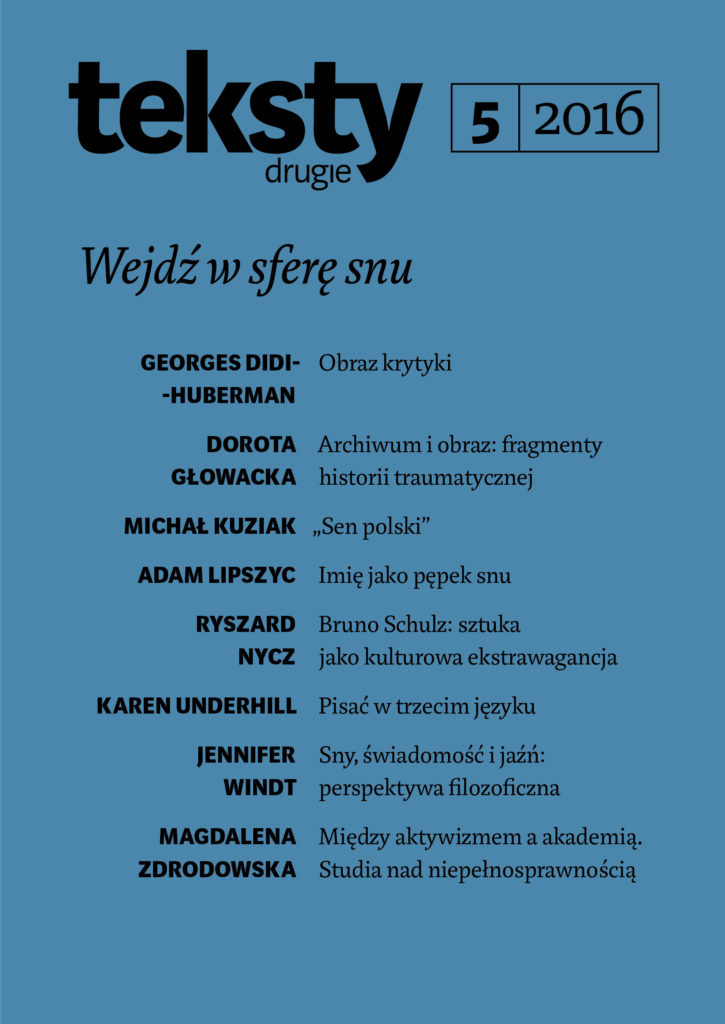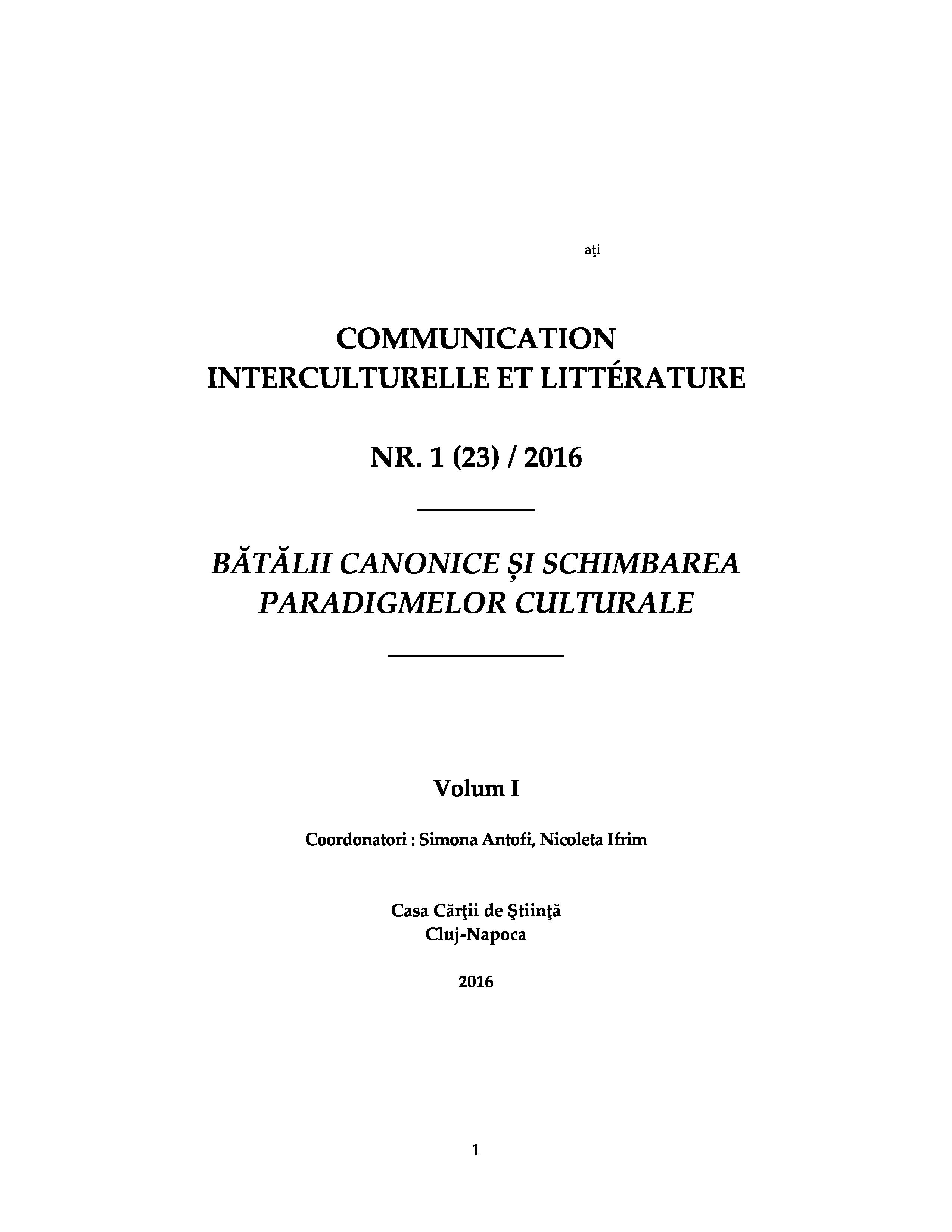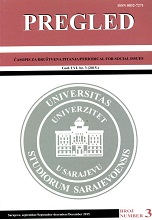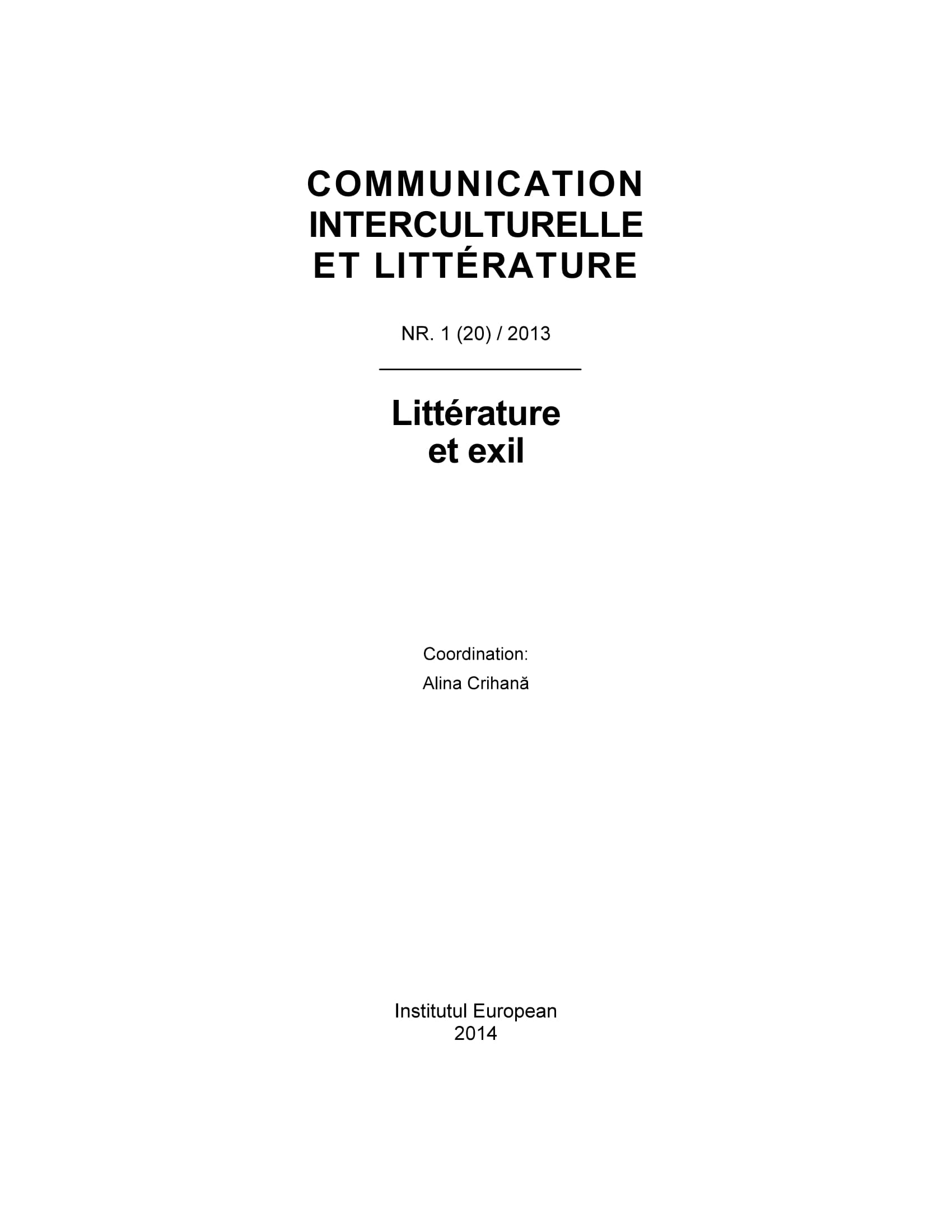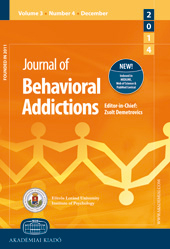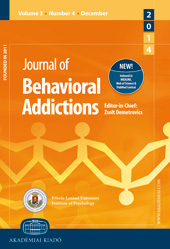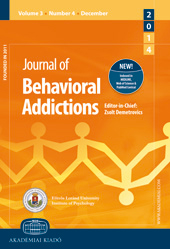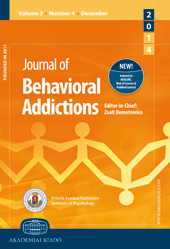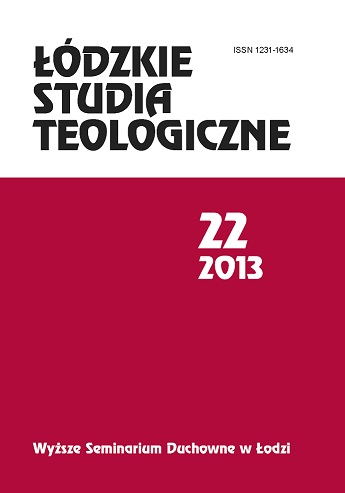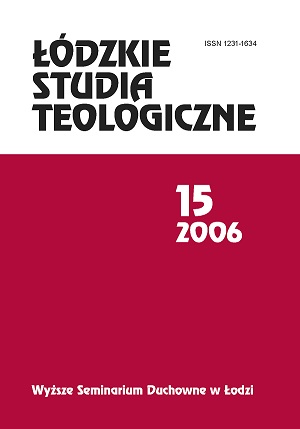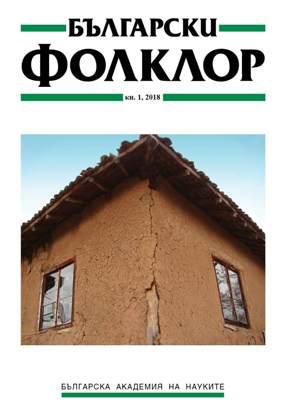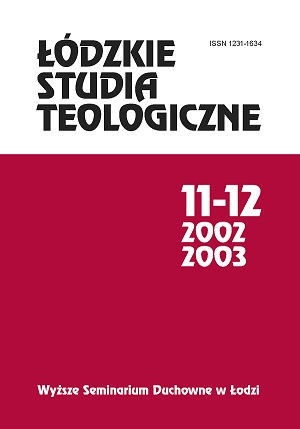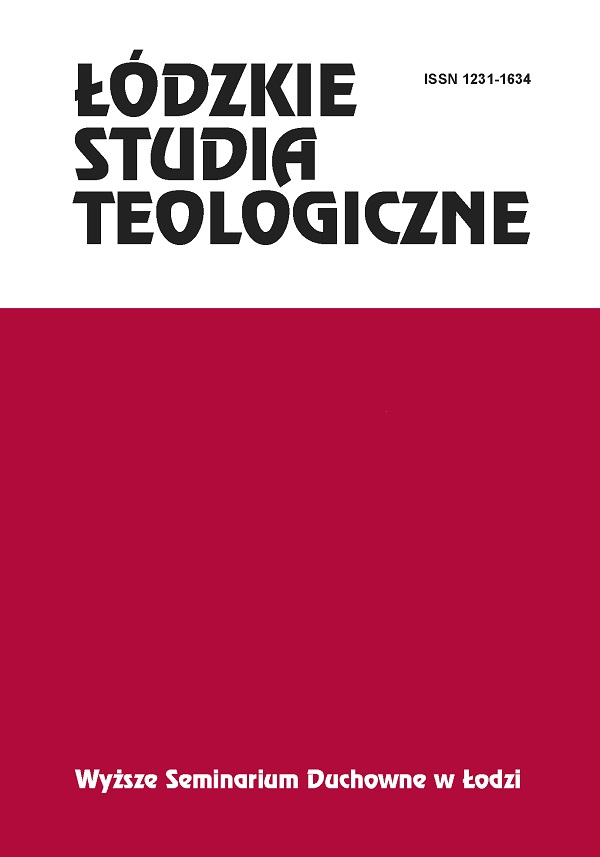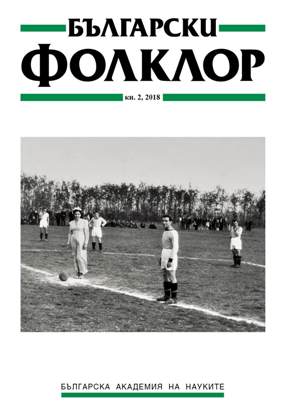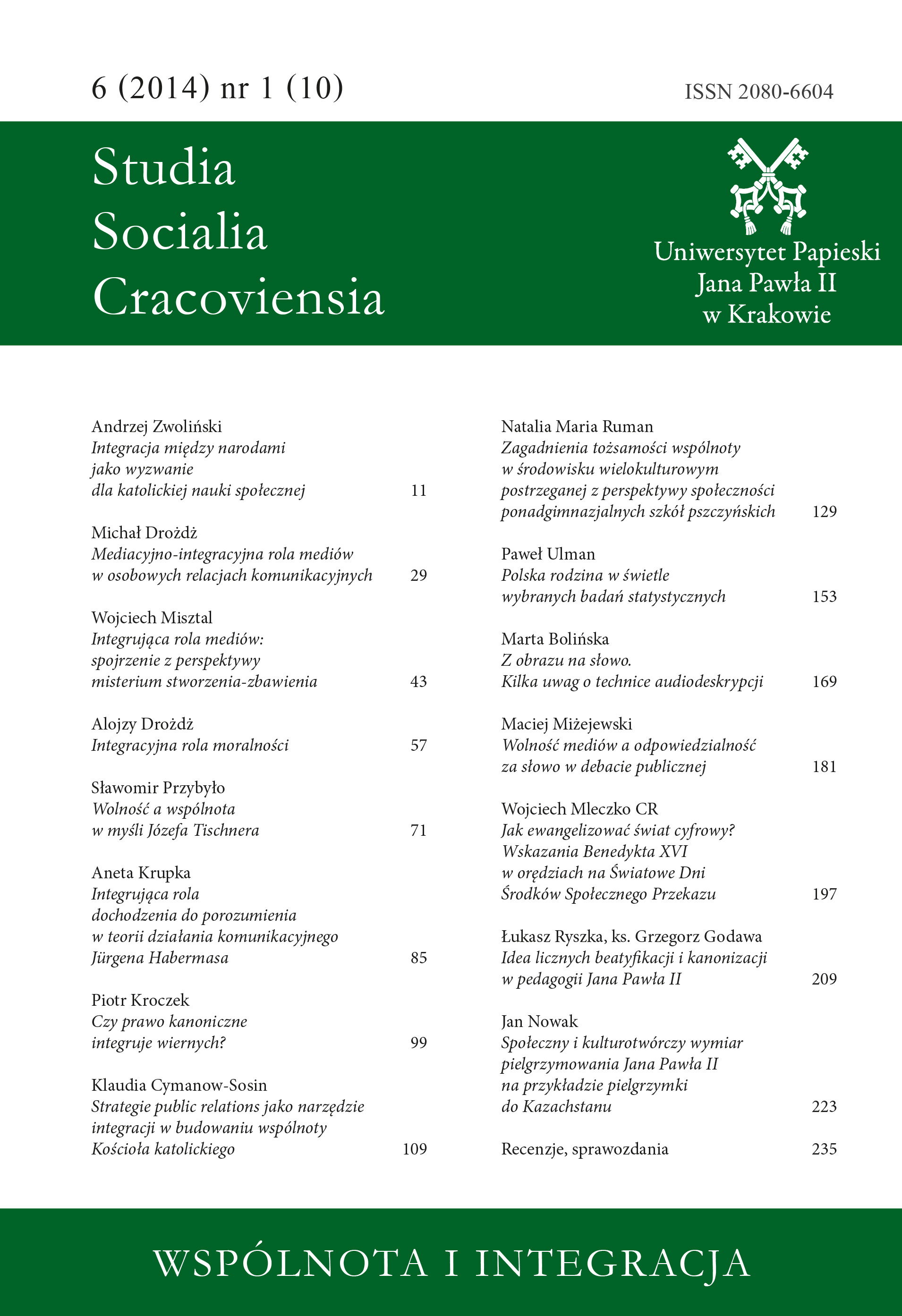
Integracyjna rola moralności
The content of this article is “integration in human morality”. The research presupposition is that man cannot fully develop and improve, and thus fully integrate, without a proper moral development. This starts with “discovering” own human identity and responsibility for themselves and others. Without this there can be no meaningful integration. From a moral point of view – morality determines the constant formation of human consciences in the truth. Socrates described it like “the ethos of the midwife”, because, as in birth, so in morality, a man could be replaced with anything else. Improvement of conscience in truth and according to truth shows us that the integration cannot be done “outside” of the moral life of man. And so – first we see the integration of people through the development of personal conscience. The moral and social integrate ethically in all family ties. We also speak rightly of integration through work ethics, professional morality of people through the media, etc. The most common manifestations of true moral life is the participation of the people in the culture and through culture. Similarly, like the culture, the morality is a matter of human vision of a man and therefore plays here and there a fundamental role. On this plane also draws the prospect of a positive impact on the culture by morality. The starting point of this integration is the recognition of the inalienable dignity as a person.
More...
